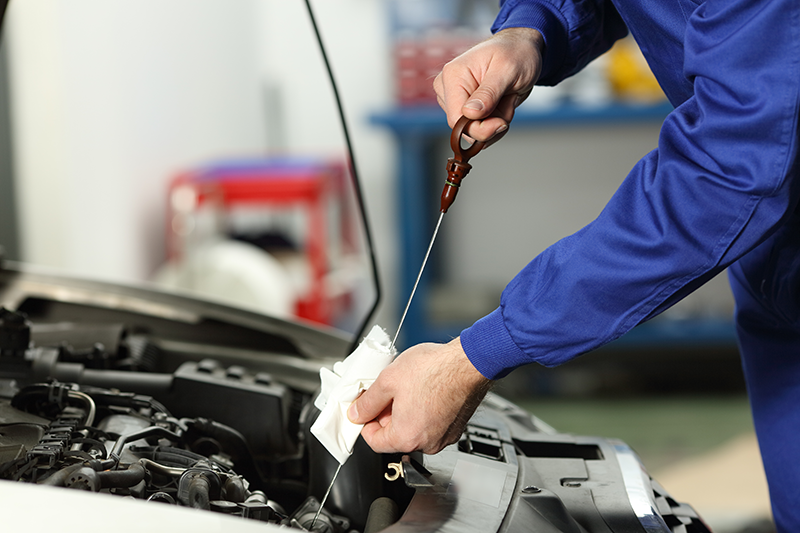Oil Change
Get Your Oil Changed at Frederick Subaru
You can count on your vehicle from Frederick Subaru to last a long time. However, it needs routine maintenance service to ensure it gets you around Jefferson for many years. An important service that we recommend at our dealership is an oil change.

Why Oil Changes are Necessary
Oil is the lifeblood of your engine because, without it, you wouldn't be able to start your car. One major purpose of oil is it keeps the engine clean, but it can get filled with debris. This debris can severely reduce performance and efficiency since the engine has to work harder and may cause more expensive damage.
Not only does oil keep the engine clean, but it also reduces friction between parts and prevents corrosion and engine overheating. Your vehicle's service manual should include the recommended schedule for oil changes, which is commonly based on mileage.
Signs Your Oil Needs Changing
One of the first signs your oil needs servicing is an overheated engine, which you shouldn't ignore. You want to avoid driving around Middletown with an overheated engine because it can damage the cylinder heads.
You may notice you're paying more at the pump when the oil runs low, or it could stall. Other signs your oil needs changing include burn smells, knocking sounds, vibrations in idle, exhaust smoke, and trouble changing gears. Many vehicles will illuminate a symbol on the dashboard to indicate when your oil needs changing.
Benefits of Regular Service
When you bring your vehicle to us, you can have peace of mind it is in good hands. The service technician will check your oil levels and examine and replace filters and other engine components. We will only equip your car with genuine parts as well. Regular service will keep your model in optimal condition; it's an investment in the health and longevity of your car.
You may use our convenient online scheduling tool to schedule your next appointment with us or call us. Frederick Subaru proudly serves our community and the surrounding areas.














